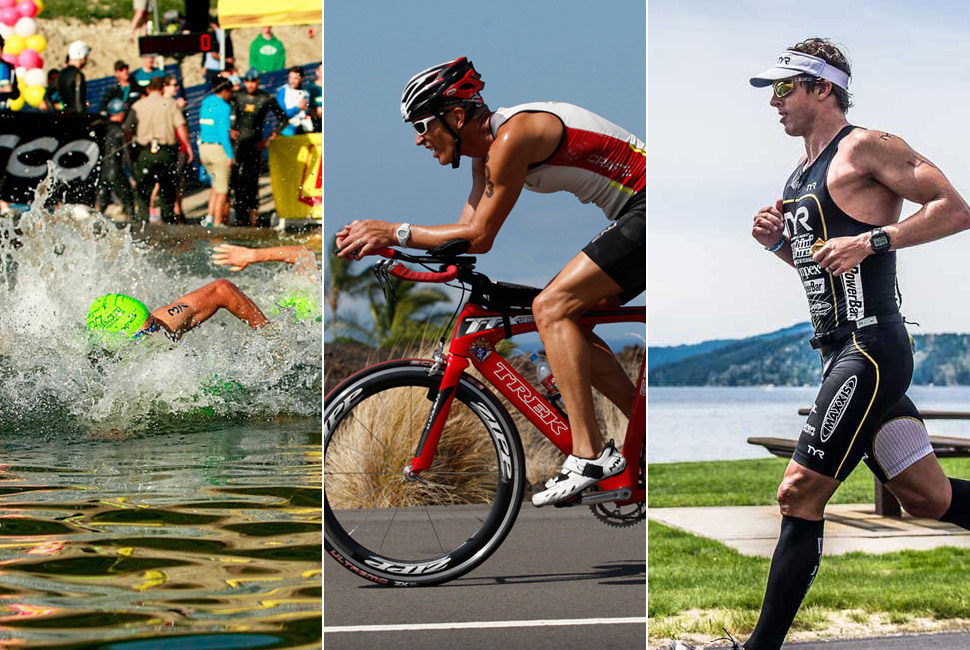The Path to the Finish Line: Guidance for Superior Triathlon Performance
In the sphere of endurance competitions, few challenges match the complexity and excitement of a triathlon. Combining swimming, cycling, and running, this challenging competition tests both physical boundaries and mental resilience. For many athletes, the journey of crossing the finish line is filled with challenges and doubts, making sound coaching essential for success. This is where triathlon coaching is vital, providing tailored strategies and support that can transform potential into success.
Triathlon coaching is not just about training plans and workouts; it includes a holistic approach to athlete development. A qualified coach guides you in understanding your strengths and weaknesses, establishing personalized goals that align with your health and aspirations. With expert advice on technique, nutrition, and recovery, athletes can improve their training and elevate their overall well-being. Whether you are a beginner aiming to complete your inaugural race or an experienced competitor aiming for a personal best, the right coach can enhance your journey to the finish line.

Understanding Triathlon Training
Triathlete training is a tailored strategy designed to assist athletes of different stages attain their training goals. With the growing appeal of triathlons, the demand for skilled trainers who can offer custom programs and advice has expanded significantly. Effective triathlon coaching combines skills in the swim segment, the bike segment, and running to ensure that participants build strength and stamina across the three segments. A coach's role goes above merely developing exercise plans; it entails understanding the unique preferences and desires of all individuals to tailor a complete plan.
One important factor of triathlon coaching is the emphasis on skill and form. Each segment of a triathlon necessitates distinct techniques that can profoundly impact overall performance. A capable coach will assess an athlete's skills in swimming, cycling, and the run segment, offering input and exercises to improve efficiency. This attention to detail not only boosts outcomes but likewise assists prevent harm, as correct form minimizes the likelihood of strain and strain. By periodically monitoring development and making necessary changes to training, a coach makes sure that competitors persist to progress and keep inspired throughout their training process.
Additionally, triathlon coaching includes diet and rest strategies, which are crucial for maximizing performance. Coaches often provide instruction on proper fueling before, during, and after workouts, helping competitors maintain stamina and recover efficiently. They may additionally advise targeted strategies, such as stretching or cross-training, that enhance overall health and well-being. By including these components into a training plan, competitors can achieve a holistic strategy to competition that enhances both outcomes and fitness, in the end leading to positive competition day outcomes.
Important Approaches for Performance Boost
One of the most impactful tactics for boosting triathlon outcomes is building a systematic training program designed to specific strengths and weaknesses. By recognizing specific areas that need enhancement, athletes can direct their efforts on enhancing endurance, speed, or technique. A custom plan recognizes the unique demands of each athlete, guaranteeing a equitable approach to swimming, cycling, and running. Incorporating periodization allows for focused training cycles that enhance gains while lowering the risk of injury.
In parallel to physical training, psychological preparation plays a vital role in performance. Techniques such as visualization, goal setting, and mindfulness can assist athletes foster a winning mindset. Working with a coach to embed these mental approaches into the training schedule can enhance focus, increase confidence, and enhance overall race day results. A positive mental attitude can be just as important as physiological conditioning when it comes to achieving triathlon targets.
Finally, nutrition and recovery are key components that cannot be overlooked. Optimizing diet with the right balance of macronutrients supports training and performance, while proper hydration makes certain that athletes are performing at their best. Equally important is the incorporation of recovery strategies, including recovery days, active recovery sessions, and techniques like foam rolling and stretching. A coach can assist athletes in developing a nutrition and recovery plan that supports their training, ultimately leading to better performance and health.
The Role of Cognitive Toughness in Triathlons
Psychological toughness is a key element of success in triathlons, where competitors face not only physiological obstacles but also psychological hurdles. The capacity to stay focused, stay motivated, and overcome challenges can make the difference between finishing strong and giving in to exhaustion. Mental training to adjust, persevere, and recover from setbacks is essential. Athletes often use techniques such as imagery, affirmative inner dialogue, and mindfulness to enhance their mental toughness, enabling them to manage competitive stress and the demands of their training.
During endurance races, the mental battle intensifies as fatigue kicks in. This is where mental resilience comes into play, allowing athletes to acknowledge pain and tiredness without being crushed by it. Coaches who recognize the importance of mental strength will include mental training into their coaching programs, helping competitors develop coping strategies that improve their performance. For instance, rehearsing competition situations through simulations prepares the mind for the challenging moments that will inevitably arise on race day.
In conclusion, cultivating psychological resilience not only improves performance but also encourages a stronger bond to the sport. Many athletes find that their ability to overcome mental barriers translates to greater enjoyment and fulfillment in their experience in triathlons. As such, coaching for triathlons that emphasizes both physical training and mental resilience equips athletes to achieve not only their best times but also a more enriching overall experience in the sport.